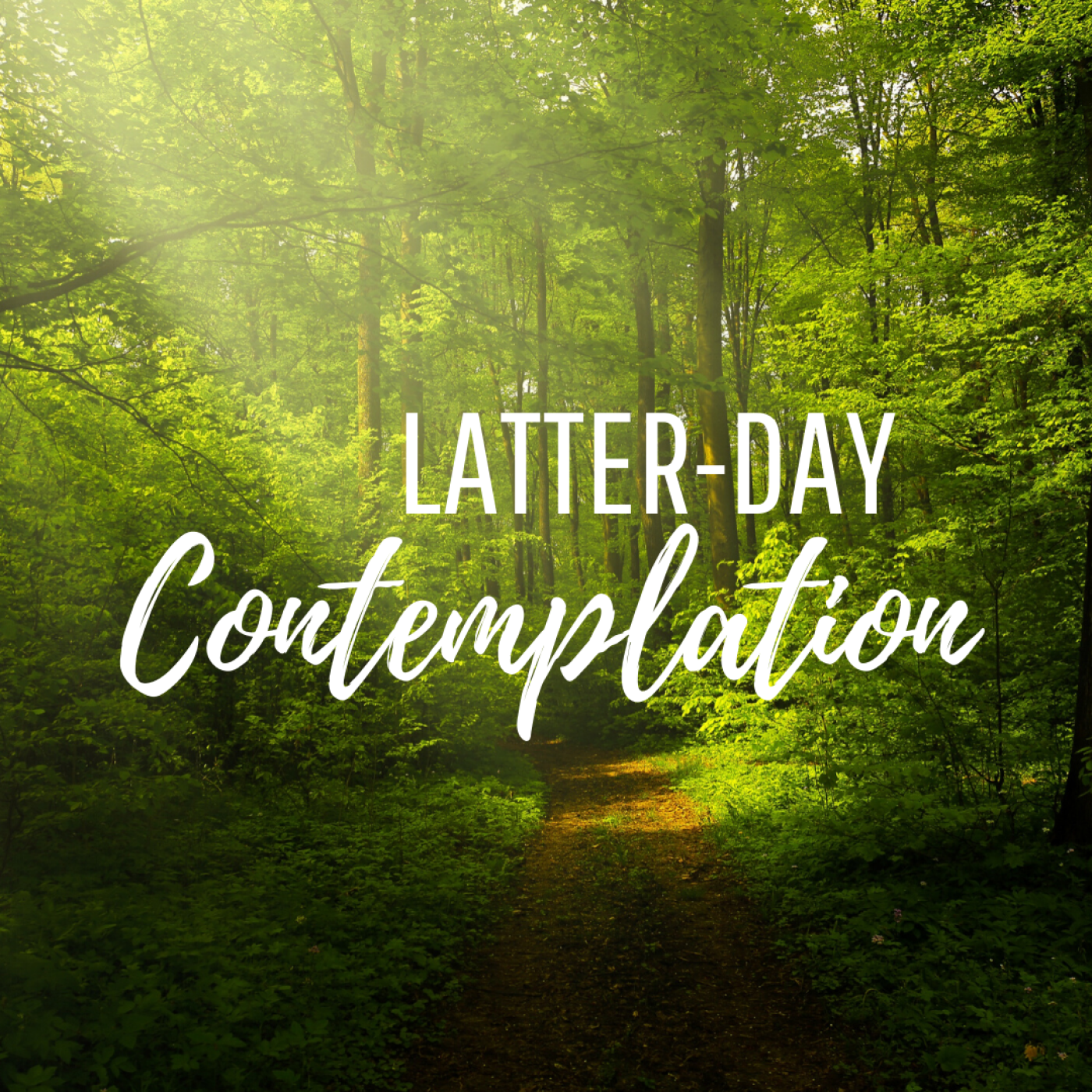Latter-day Contemplation exists largely to explore and document our journey of study and faith as we seek to become more like our Savior, Jesus Christ. We are by no means experts in anything that we’re going to be talking about, but what we do have is an openness to questions, a hunger to discover truth wherever we can find it, and a desire to live a life of peace for ourselves, our families, and our community.
We love that you’re here, and we hope that you find value in this discussion to enhance and strengthen your own discipleship of Jesus Christ.


